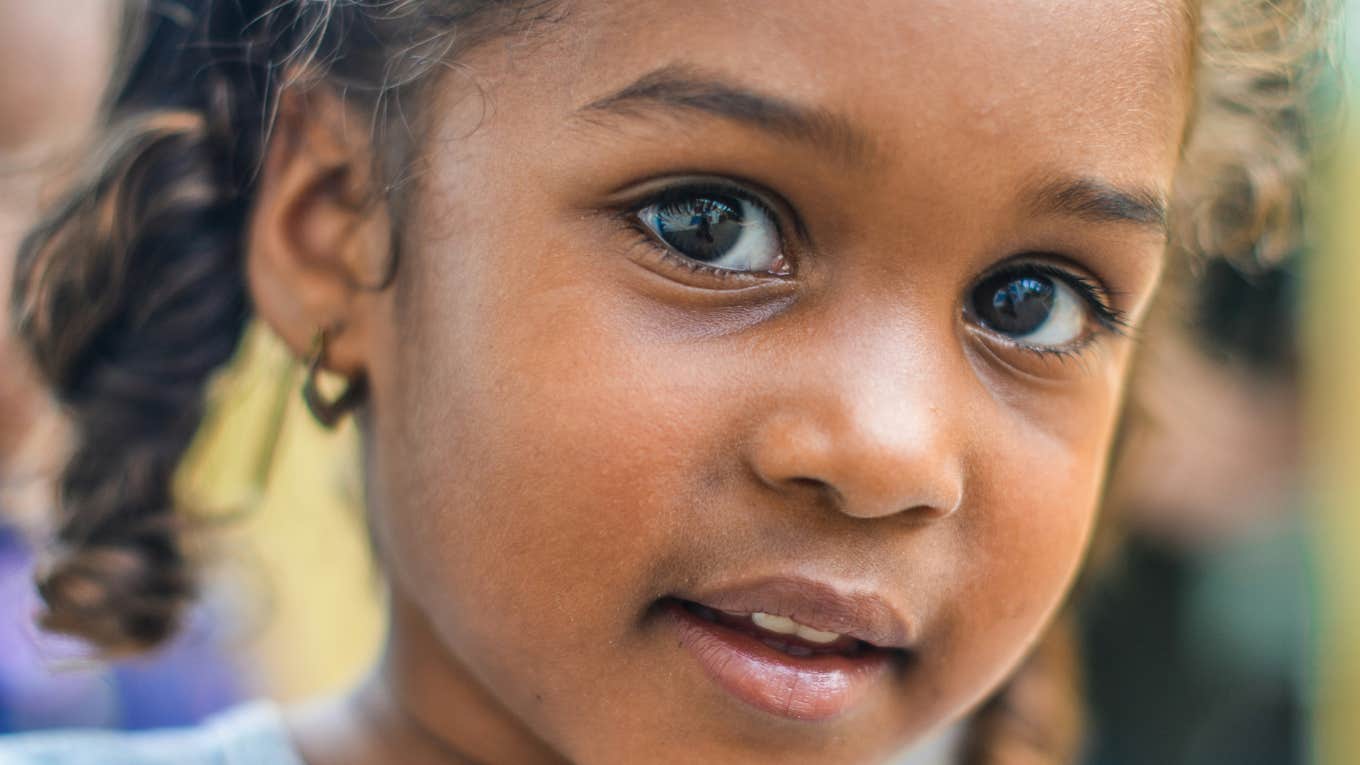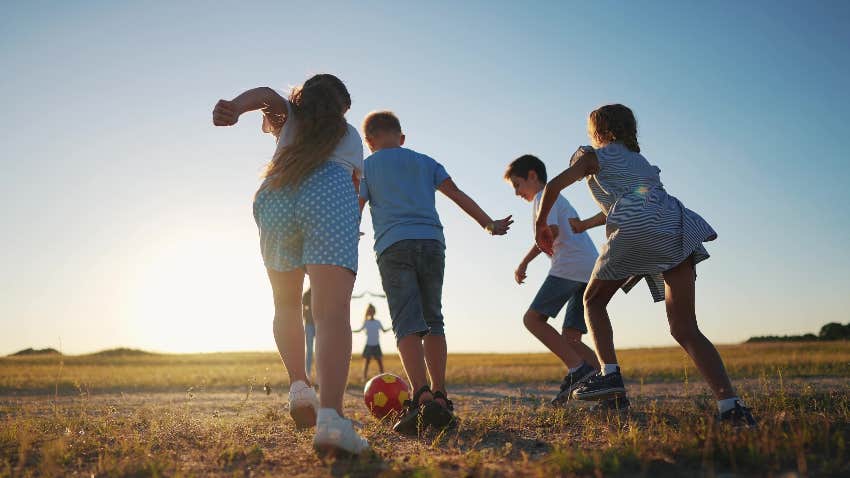The Wild Reason Some Schools Are Banning Musical Chairs
This form of childhood play is one of the many victims of this century's helicopter parenting
 Michael Mims | Unsplash
Michael Mims | Unsplash Ahh, musical chairs! The most classic and innocent of childhood games. Just the name is enough to fill me with sweet nostalgia. Birthday parties. Recess. Alphabet carpets. Weekends.
A group of excited kids gathers around a ring of chairs, with one chair less than the number of players, and the music starts. The children walk around the chairs, smirking and smiling in anticipation, until... the music stops! Each child dives for the nearest chair. The unlucky one who didn't get a chair is out. One more chair is removed, and the next round begins.
But this form of childhood play is one of the many victims of this century's helicopter parenting and "special snowflake" culture.
Some schools are banning musical chairs because they don't want kids to feel left out.
According to Christina Hoff Sommers, a philosophy professor and author of How the Helping Culture is Eroding Self-Reliance, the musical chairs ban is because:
- It "hurts to be left out."
- It's "competitive" — it's better for kids to just meditate and relax.
- It "focuses on eliminating the weakest link," which is "damaging" to kids' self-esteem.
There's a ridiculously long list of ridiculously ridiculous reasons for schools to ban Musical Chairs, as well as traditional childhood games like Red Rover, tag, snowball fights, and even Duck Duck Goose. Because aggression, competition, and losing are all things that hurt kids' self-esteem, right? Wrong.
 maxim ibragimov / Shutterstock
maxim ibragimov / Shutterstock
About a hundred years of psychology research prove the opposite: that independent, competitive, rough-and-tumble play is not only fun for kids, but it's also a crucial part of their development.
Why any teacher or other so-called education "expert" would advocate banning such innocent childhood games is beyond me. Honestly, if your child's teacher advocates such things, you might consider questioning their credentials.
Because psychology research proves that competition — both winning and losing — teaches your child important social skills, such as problem-solving, negotiation, communication, and teamwork/collaboration (two of the hottest words in education right now).
It also teaches your child important emotional skills, such as coping and resilience. You may think you're helping your child out by insulating them from social rejection, embarrassment, or hurt feelings as long as possible. But the truth is, you're emotionally crippling them.
Resilience isn't something that magically happens once you turn a certain age. It's something you develop by dealing with the small disappointment of being the first kid eliminated from musical chairs or the last kid picked in the kickball game.
Determination isn't something that happens automatically. It's something you develop by being disappointed by a certain result and vowing to practice, improve, and do better next time.
Not to mention that competitive, rough-and-tumble play helps kids develop both gross motor skills and proprioceptive sense, or the sense of the relative position of your different body and the strength and effort being employed in movement. (It's how basketball players manage to shoot a gentle layup while running full-speed down the court, or even just how kids manage to play tag without pummeling each other.)
If we deprive children of these fun, independent, competitive, and, yes, physical activities like musical chairs, we deprive them of important life skills.
Take a stand. Protect your child from overprotection.
Eva Glasrud has a Masters Degree in psychology from Stanford University and is and education consultant at Paved With Verbs. She also runs The Happy Talent, a blog about social and leisure skill development.
